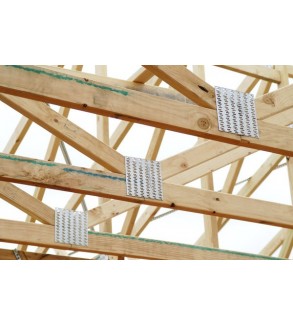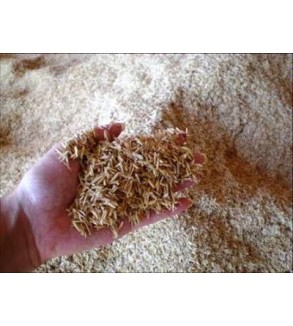Home
Rice husk biobrasa
Rice husk, also known as rice bran, is a byproduct of rice milling. It is mainly composed of the outer layer of the rice grain, which is removed during the polishing process to produce white rice. Rice husk has several applications and benefits, including:
Fuel: Rice husk is often used as fuel in boilers to generate heat and power. It has a high calorific value and is a renewable energy source.
Compost and Soil Improvement: Rice husk can be composted and used as organic fertilizer to improve soil fertility. It helps increase organic matter and water retention in the soil.
Growing Substrate: Rice husk can be used as a substrate for growing mushrooms and other plants.
Animal Feed: Although pure rice husk is not suitable for animal feed due to its low digestibility, it can be processed and mixed with other ingredients to produce animal feed.
Building Materials: Rice husk can be used in the production of building materials such as eco-bricks and building panels.
Water Filtration: Carbonized rice husk can be used as a filtration material to purify water, removing contaminants and heavy metals.
Silicon Production: Rice husk is rich in silica, which can be extracted and used in the production of silicon, an important material for the semiconductor industry and other technological applications.
Rice husk is a valuable resource that can be used in many ways, contributing to sustainability and the circular economy.
Free support line!
Orders support!
Working Days / Hours!




